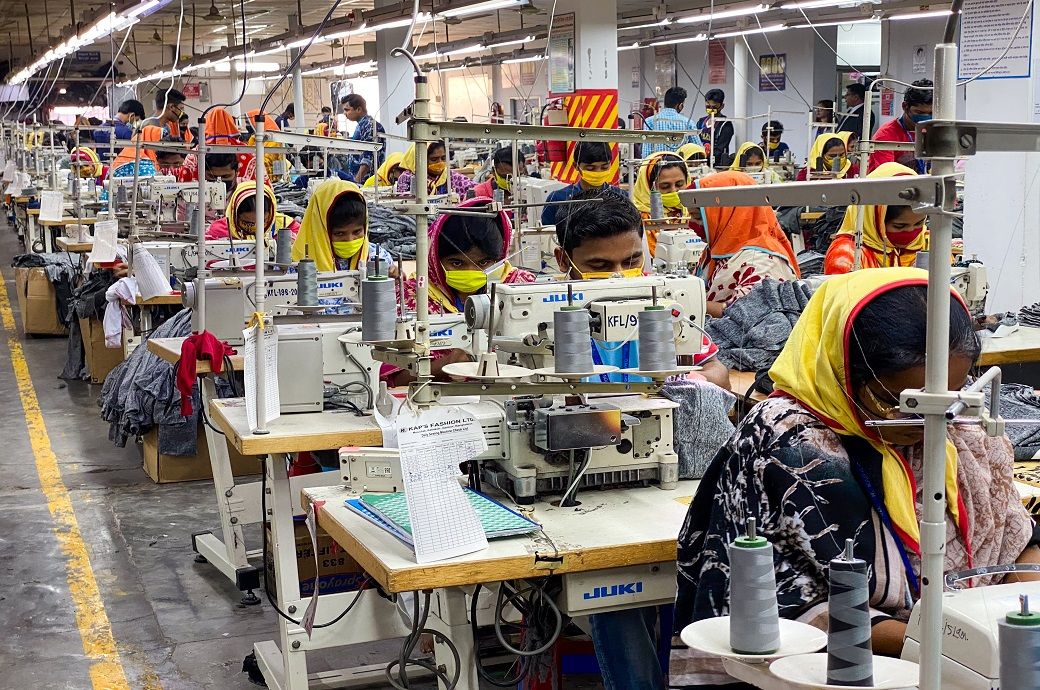
A few hundred textile factories reliant on gas are now operating at a fraction of their capacity. Many have reported financial losses as they continue to be billed for sanctioned gas loads while receiving only a fraction of that.
As more gas is being diverted to generate power during summer, gas pressure has plunged in Bangladesh’s industrial zones—at times to zero—crippling production.
Despite two steep price hikes in the last two years, factory owners say availability has only worsened, with no signs of improvement.
A few hundred textile factories reliant on gas are now operating at a fraction of their capacity.
Some have opted for costly substitutes like diesel, LPG and compressed natural gas, which are both expensive and insufficient.
The crisis follows two steep gas price hikes in the past two years. In February 2023, rates were raised by 179 per cent with the assurance of an uninterrupted supply; another 33-per cent hike was implemented this April.
Factory owners still say availability has only worsened, with no signs of improvement, according to domestic media outlets.
While at least 7 pounds per square inch (PSI) is required to keep industrial machinery operational, current levels often hover between 1 and 2.5 PSI, which is inadequate.
There is a fear that many businesses may default on loans, cut jobs, and the trend may lead to a severe industrial slowdown.
At least 20 textile mills across the country are reportedly up for sale, driven by a combination of dwindling gas supply, falling global demand and escalating production costs.
Fibre2Fashion News Desk (DS)





